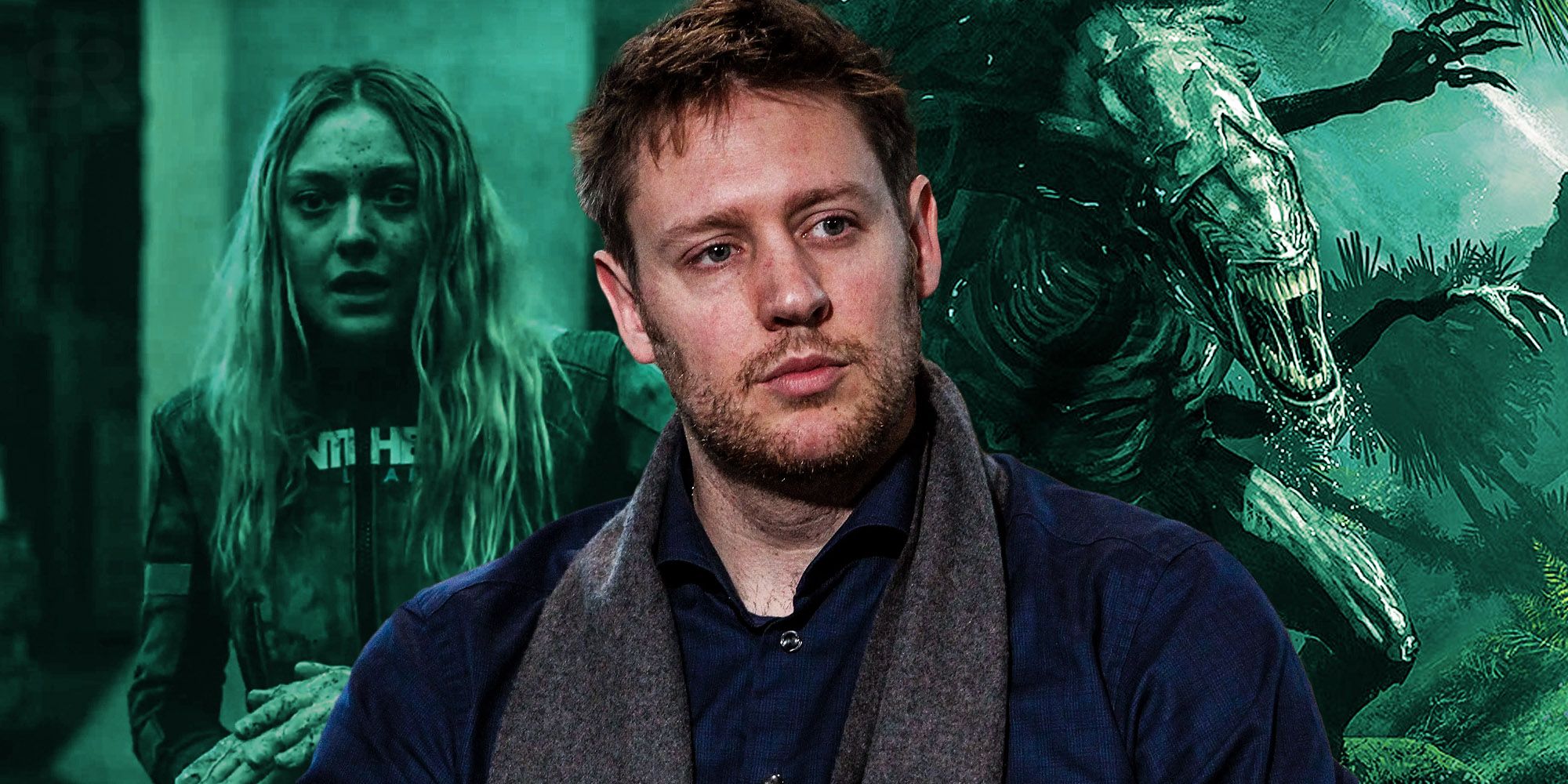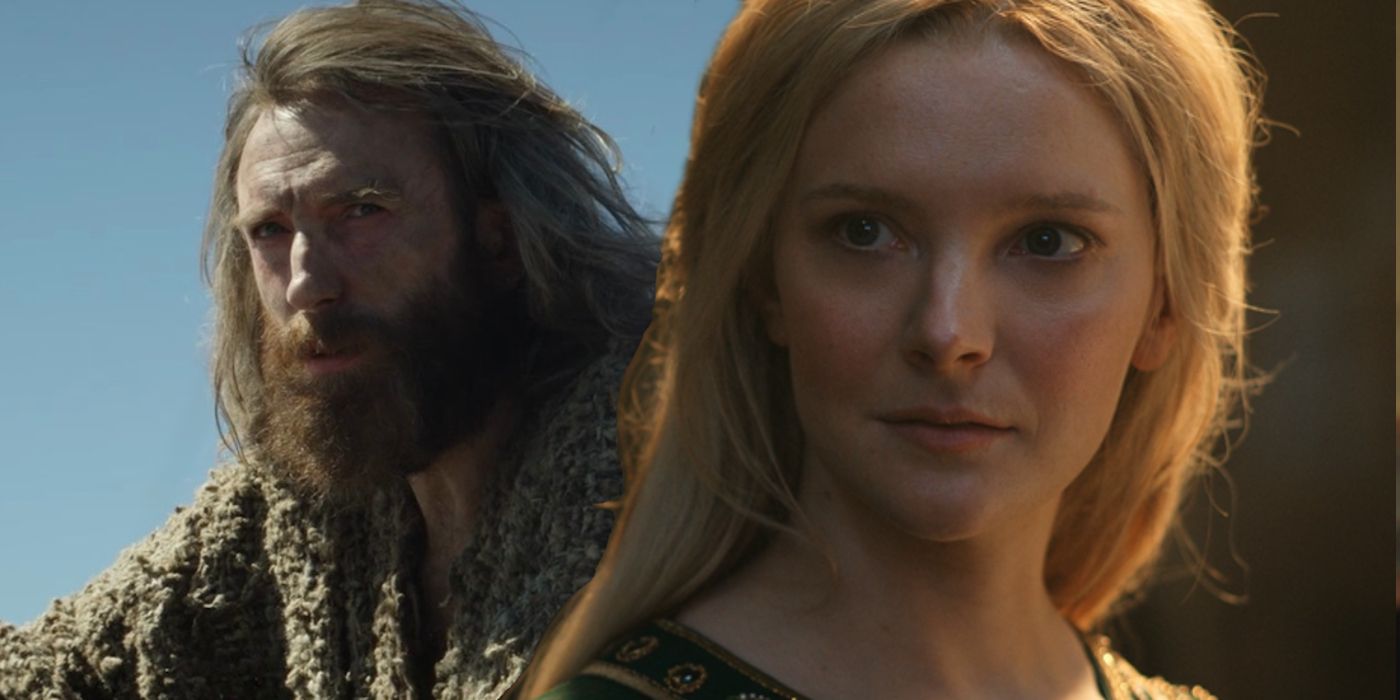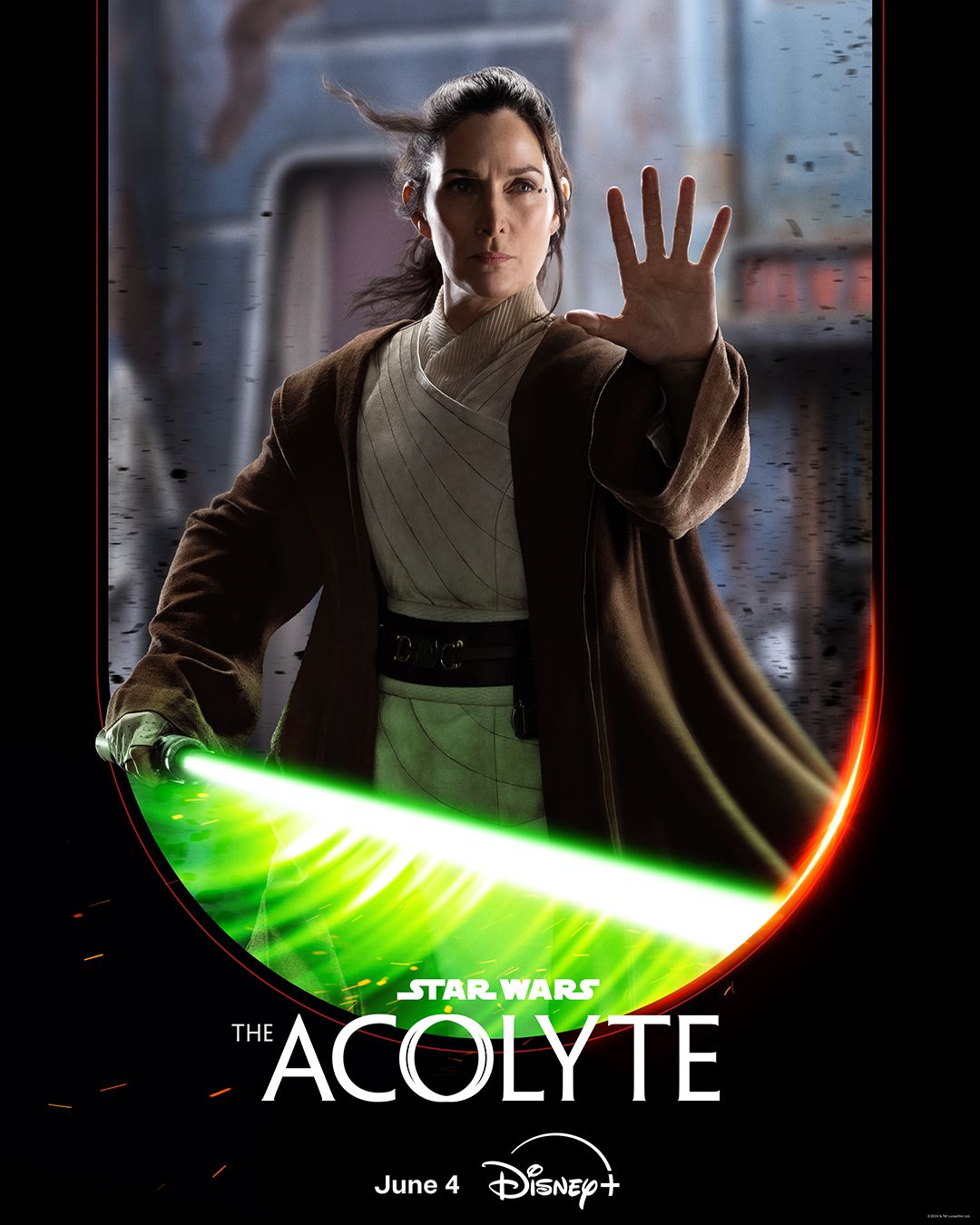Demonic director Neill Blomkamp jokingly claimed that Alien creator Ridley Scott may have lost faith in his ability to direct the canceled Alien 5 due to seeing Chappie, but ironically the 2015 misfire proves Blomkamp had something the franchise needs. District 9 was an impressive debut for director Neill Blomkamp, proving that the helmer could fuse sci-fi action and smart satire to great effect. However, Blomkamp’s subsequent efforts have failed to find the right balance between these elements, losing the director critical acclaim as a result.
2013’s sci-fi satire Elysium was a solid but overlong condemnation of income inequality, but Blomkamp’s next movie Chappie failed to find the right balance between light-hearted comedy and R-rated, violent action. Blomkamp’s latest, the sci-fi horror Demonic, failed to impress critics and left some Alien franchise fans glad that the director’s proposed Alien 5 never made it into production. However, Blomkamp’s joking comments on the canceled project revealed, however unintentionally, that he does have something the Alien series needs.
In an interview, the Demonic helmer admitted, half-jokingly, that “it’s possible Ridley Scott saw Chappie” and instantly lost faith in the director’s ability to take over the Alien franchise. This is ironic because, for all of Chappie’s flaws, the blackly comic thriller is a dystopian sci-fi that underlines the dangerous relationship between technology corporations and the military-industrial complex—something that Alien and Aliens specifically highlight, and Scott’s recent prequels were criticized for cutting down on. Blomkamp’s proposed Alien 5 will likely never happen, but the director’s work on Chappie, in particular, proved that he could bring back the anti-capitalist satire that grounded the human characters of the earliest—and still most critically acclaimed—Alien movies.

The story of Chappie largely centers on the titular android, an experimental prototype that ends up in the hands of hardened criminals despite being designed for policing purposes. The movie depicts the militarized police as corrupt and authoritarian, not unlike Robocop’s satire of law enforcement, and offers a surprisingly sympathetic portrayal of hard-up gang members. As proven by the movie’s failure with critics, not many fans see Chappie as ranking high among Blomkamp’s movies, but the plot still touches on pertinent themes that have been conspicuously absent from recent installments of the Alien franchise. The first two Alien movies were unsparingly critical of the fictitious Weyland-Yutani Corporation, with Ridley Scott’s original featuring an android character who was programmed to keep the lethal Xenomorph on board for use as a bioweapon despite the dwindling crew and Aliens featuring Ripley’s iconic dressing-down of duplicitous company man Carter Burke. However, later Alien movies (and particularly the franchise’s recent prequels) moved away from this territory, depicting the uber-rich owners of the corporation as human, if flawed, entrepreneurs.
This marked a big departure from the ethos of earlier franchise outings as, while Alien and Aliens are very different movies, one thing both hits have in common is a defiant distrust of corporations and their intentions. In contrast, 2012’s divisive Prometheus depicts an aging co-founder of Weyland-Yutani as a scientist curious about the universe’s origins, rather than a ruthless tycoon who is seemingly interested only in maximizing profits. This blunts the satire of the series and proves that Alien 5 could do with some of Chappie’s anti-establishment attitude since the prequel saw the series start to eulogize and sympathize with the same corporate overlords responsible for getting the cast of Alien killed. Fortunately for fans of the sci-fi and horror franchise, the upcoming Alien television series is set to cast the rich stakeholders of Weyland-Yutani as its villains, proving the Alien franchise can still bring back this ethos despite Blomkamp’s departure.





